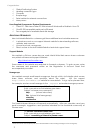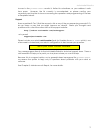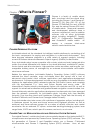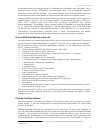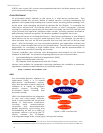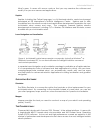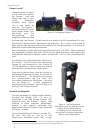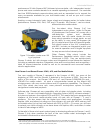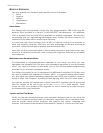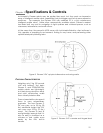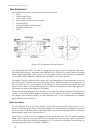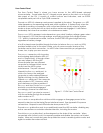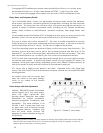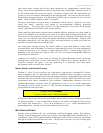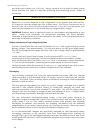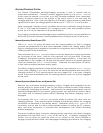What is Pioneer?
MODES OF OPERATION
You may operate your Pioneer 2 and 3 robots in one of five modes:
Server
Joydrive
Self-test
Maintenance
Standalone
Server Mode
The Pioneer H8S microcontroller comes with fully programmable 128K FLASH and 32K
dynamic RAM included in its Hitachi 18 MHz H8S/2357 microprocessor. An additional
512K of dynamic RAM or FLASH-ROM is available as optional equipment. But we don't
recommend that you start learning H8S programming. Rather, the robot comes to you
installed with the latest AROS robotics server software.
In conjunction with client software, such as ARIA or Saphira, running on an onboard or
other user-supplied computer, AROS lets you take advantage of modern client-server
and robot-control technologies to perform advanced robot tasks.
Most users run their ActivMedia robot in server mode, because it gives them quick, easy
access to its robotics functionality while working with high-level software on a familiar
host computer.
Maintenance and Standalone Modes
For experiments in microcontroller-level operation of your robot’s functions, you may
reprogram the onboard FLASH for direct and standalone operation of your ActivMedia
robot. We supply the means to download, but not the microcontroller's programming
software, for you to work in standalone mode.
The utilities we provide for you to reprogram the H8S-based controller's FLASH also may
be used to update and upgrade your robot’s AROS. In a special Maintenance Mode,
you also adjust your robot’s operating parameters that AROS uses as default values on
startup or reset. See Chapter 7, Updating & Reconfiguring AROS, for much more detail.
We typically provide the maintenance utilities and AROS upgrades free for download
from our website, so be sure to sign up for the pioneer-users email newslist. That's
where we notify our customers of the upgrades, as well as where we provide access to
ActivMedia robot users worldwide.
Joydrive and Self Test Modes
Finally, we provide onboard software and controller hardware that lets you drive the
robot from a tethered joystick when not otherwise connected with a controlling client.
And we provide some self-test programs that exercise your robot’s hardware and
software. We examine these modes in some detail in Chapter 5, Joydrive and Self-Tests.
10



